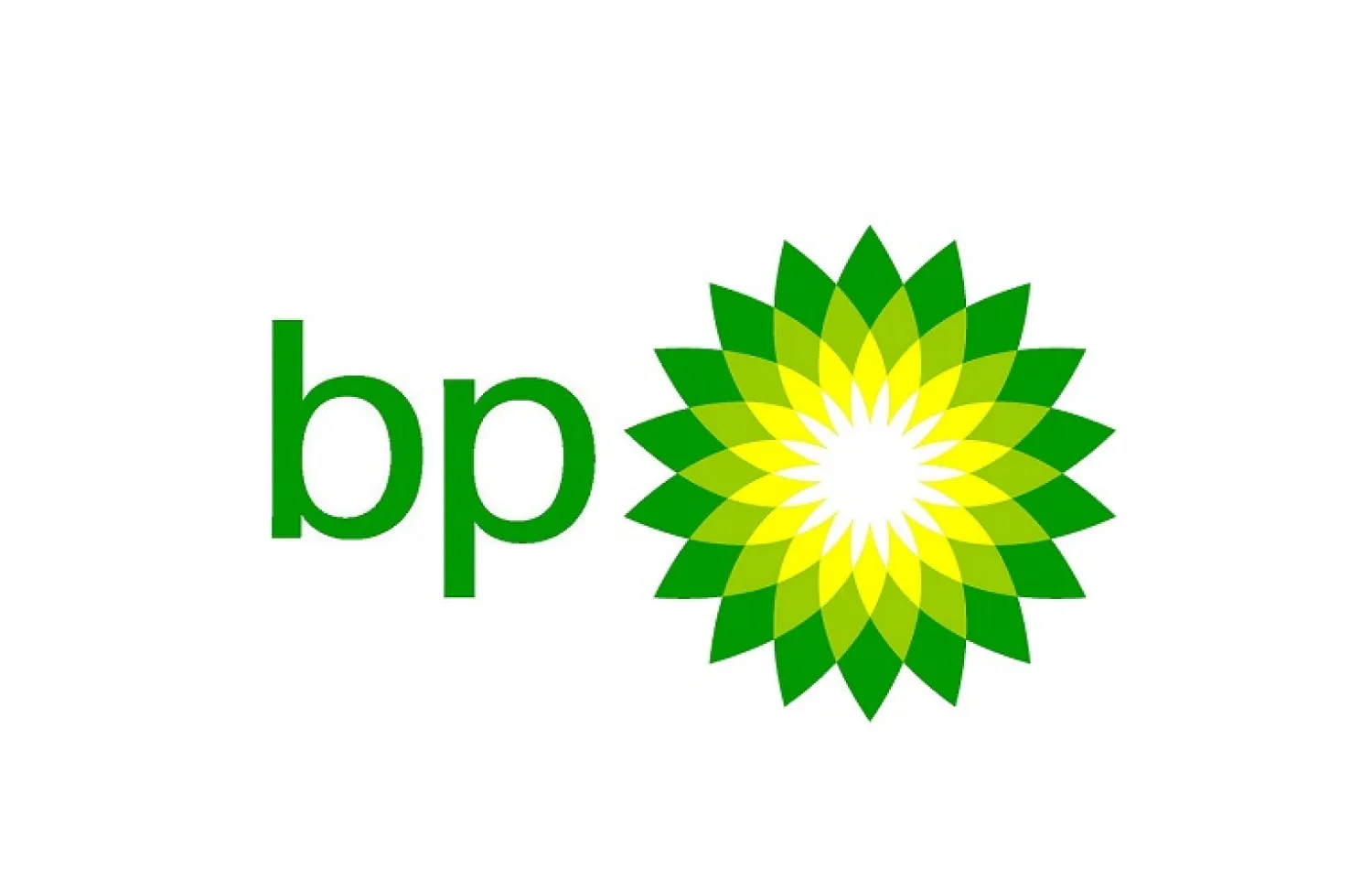British oil giant BP, British Petroleum, has announced commencing operations in the southern pipelines to transfer natural gas from Caspian Sea to European markets through Turkey.
In its statement on Monday, British Petroleum revealed that Shah Deniz 2, that cost USD28 billion in Azerbaijan to transfer gas from Turkey to other states in Europe, is "the starting point for the Southern Gas Corridor series of pipelines that will for the first time deliver natural gas from the Caspian Sea direct to European markets."
Iraqi Oil Minister Jabar al-Luaibi said Monday that Iraq is still holding talks with Turkey and Kurdistan authorities to resume oil exports to the world countries through Ceyhan port south Turkey.
He added to Assabah newspaper that the decision to re-export depends on outcomes of the discussions, noting that the output of Kirkuk oil fields reached 220,000 barrels per day in the meantime.
In the end of last year, Iraq started to transfer Kirkuk oilfield production to local oilfields in order to reinforce fuel production which helped allocate more of southern oilfields product for exporting. Last year, Iraq agreed to load the crude oil from Kirkuk to Iran to use it in its oilfields, given that Iran transfers equal quantity of oil to southern ports in Iraq.
Last month, the Iraqi oil minister said that Iraq and Iran haven’t started yet to exchange crude oil for technical reasons.
In a related matter, Vestel company led the Turkish exports in the electronic sector.
This is the 20th time for Vestel to come first. Meanwhile, Turkish Customs and Trade minister stated that the coming period will witness taking all required procedures to double the Turkish economy growth. He added that the Turkish economy will continue to grow in various fields from investment, to recruitment and exports.









